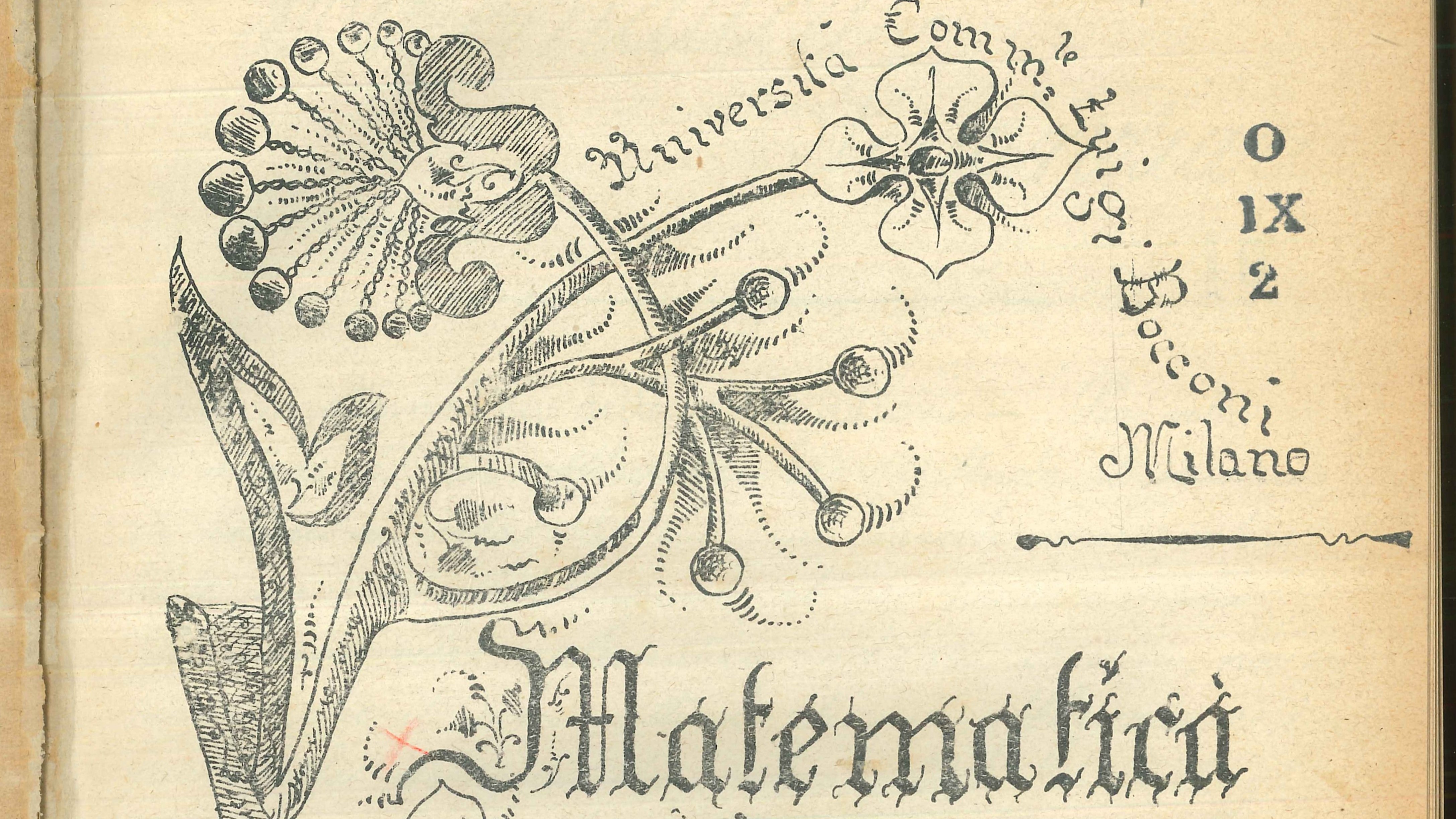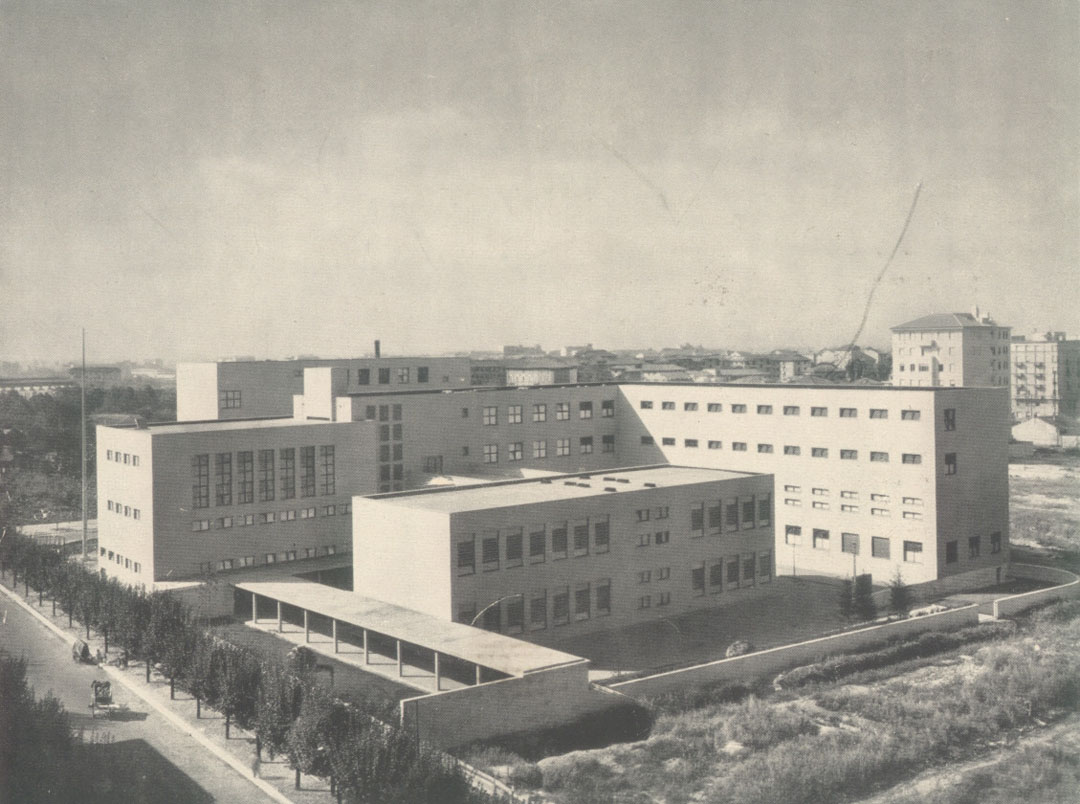Copyright
Copyright and the Library: Policy
The Library copyright policy provides information on those activities and services that require knowledge and observance of copyright laws and licensing agreements governing access to digital resources.
Making photocopies and scans
The law allows to make a single printed copy of an item protected by copyright, without any authorization from the rights holder, for individual study and in line with the following criteria:
- journals: one article, in any case within a maximum limit of 15% of the total number of pages of the issue
- books: one chapter, in any case within a maximum limit of 15% of the book’s total number of pages
These are actually exceptions. Infact, for any reproduction (even partial) of a protected item, it would be necessary to obtain a specific authorization from the copyright holder. To allow photocopies of protected items (within the above-mentioned limits) on one hand and to remunerate copyright holders on the other, Universities have made an agreement with SIAE and authors’ and publishers’ associations under which Universities pay a “fair compensation”, distributed to authors and publishers.
Scanning is different from photocopying and thus does not fall within the exceptions mentioned above. To scan material, you must have the explicit authorization from the copyright holders (author and/or publisher), granted personally or through a copyright clearance service. This is the procedure followed by Bocconi Library to reproduce parts of textbooks in digital format.
Receiving photocopies and scans from the Library
In the framework of Interlibrary Loan and Intercampus Delivery services, the Library delivers photocopies or digital documents from other libraries or from the Library physical collections to students and faculty members. In both cases the material is shared solely for personal use, for the purpose of study or research. It is therefore not permitted to reproduce these items or to send them to others by any means (fax, e-mail, sharing on social networks). Nor is it permitted to distribute copies during a lesson. If you need to share material for a course, please contact the Library (infobiblio@unibocconi.it) to request reuse permission from the publisher.
Studying and teaching with digital documents
The Library delivers book chapters and journal articles in electronic format specified by faculty members for the preparation of exams. The documents are organised by subject. In order to grant this service the Library has requested authorizations from the legitimate copyright holders and paid for reproduction licenses. The course reserve section is password protected, therefore accessible only by the faculty members in charge of the courses and enrolled students. The texts are either downloadable or available online only, depending on license terms. However, it is important to remember that only an exclusively personal use is permitted, limited to the duration of the course. Sending documents to others or sharing them on social networks and external websites is not allowed.
Consulting a thesis
Theses are both administrative documents, as they attest the regularity of a course of study, and scholarly documents, as they are intellectual works. They come under copyright law precisely because they are the result of graduates’ creative activity. Any reproduction constitutes copyright infringement and consultation is only possible if the author granted permission when submitting the thesis. The author can allow or suspend permission at any time. Both printed and digital theses are stored in the Library. Consultation is allowed, but full or partial reproduction is strictly forbidden.
Use of images
Images (e.g. photos, drawings, pictorial works, photographic reproductions of artistic work, graphs, tables reproduced as images) are works protected by copyright law, even when they are reproduced in a book, in another document or on the Internet. Partial reproduction of images may be allowed for purposes of criticism and discussion, always citing the source. If reproduction occurs for research or teaching purposes, "the use must be for illustrative and non-commercial purposes", provided that the reproduction "does not compete with the work reproduced" (art. 70 of the Italian Copyright Act). If an illustration is excerpted from a book, it is necessary to cite both the book and the original source of the image.
Online content
All digital content and objects are also protected by copyright: use of web pages and softwares must be made in the respect of the intellectual property rights of the authors. Please remember that freely accessible material is still generally subject to a license for reuse. It may, therefore, be forbidden to:
- copy or modify online content
- send it to third parties
- share it on social media
- publish it on other websites
Open Access
It is important to make an informed choice about how to publish your research. Assigning the rights to publish one's work to a publisher on an exclusive basis is not always the best solution. The Bocconi Library promotes Open Access to scholarly literature by organizing training initiatives and offering advice to faculty on how to publish in open access, in line with European Commission guidelines that support this mode of publication.
Bocconi Library adheres on behalf of the University to transformative agreements signed through the CARE-CRUI consortium to enable Bocconi faculty, researchers and students to publish in Open Access in hybrid journals. For more information on the contracts to which Bocconi University adheres, please see the Publishing in Open Access webpage.
Citing and referencing
Citing documents is above all an act of intellectual honesty and a form of respect to the author (moral right). Universities and University libraries, as part of their mission to develop scholarly research, are responsible for disseminating appropriate citation methods. Bocconi Library regularly offers workshops on citation methods and standards.


